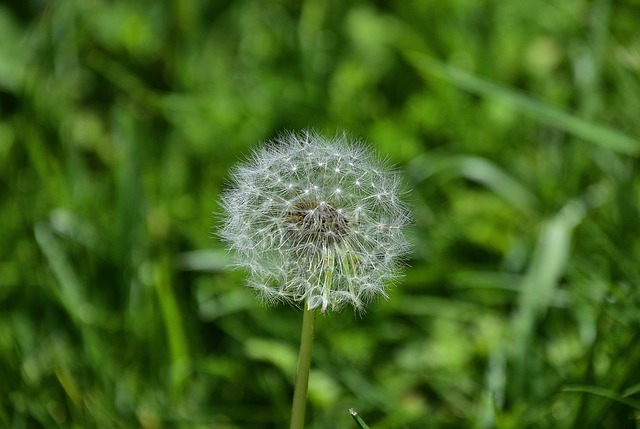double comparative exercises 👁 Unlocking the Power of Double Comparatives: A Fun Journey into Language Mastery!

Hoje, vou compartilhar com vocês algumas informações sobre double comparative exercises e também explicar sobre double comparative exercises. Se isso resolver seu problema, não se esqueça de seguir nosso site. Vamos lá!
Have you ever found yourself tangled in the web of English grammar, wondering why some sentences seem to twist and turn like a pretzel? If so, you're not alone! One of the most fascinating aspects of the English language is its rich tapestry of comparisons, particularly the double comparative. So, let’s take a delightful detour into this intriguing world, where we will simplify the complex and make learning enjoyable.
To kick things off, let’s demystify what a double comparative is. In the simplest of terms, it refers to a grammatical construction that uses two comparative forms to enhance a description. For instance, when someone says, “He is more taller than his brother,” they're attempting to make a comparison, albeit with a slight grammatical hiccup. The correct phrase would be “He is taller than his brother.” See how easy it is to slip up? But don’t fret! This is all part of the learning process, and with a little practice, you’ll be soaring through sentences like a pro.
Now, why should we care about mastering double comparatives? Beyond the obvious grammar points, understanding and utilizing these constructions can greatly enhance our communication skills. Language isn’t just about rules; it’s about expression. The more adept we become with our language, the better we can convey our thoughts, emotions, and experiences. Imagine being able to articulate your feelings in a way that resonates with others. That’s the magic of mastering double comparatives!double comparative exercises
But how do we go about practicing this? Well, let’s make it fun! The first step is to identify the adjectives and adverbs in your sentences. Start with simple sentences like “This cake is good” and turn it into “This cake is better than the one I had last week.” Then, challenge yourself further by comparing more than two items. For instance, “This cake is the best among all the cakes I’ve tasted.” Here, you’re employing the superlative form, which is another delightful aspect of comparisons.
Esse ponto é essencial para a análise posterior, pois nos dá uma visão mais clara sobre double comparative exercises.
As you grow more comfortable, try incorporating double comparatives into your everyday conversations. Instead of saying, “I feel good,” spicing it up to “I feel better than I did yesterday” adds a layer of depth to your expression. Not only will it make your speech more engaging, but it will also allow you to share your journey of improvement and growth.double comparative exercises

Another great way to practice is through writing. Keep a journal where you describe your day, emotions, or experiences using double comparatives. For example, instead of writing, “I had a good day,” you could write, “Today was better than yesterday.” This will not only help reinforce your understanding but also provide a wonderful record of your progress over time.double comparative exercises
So, how about we put this into action? Let’s create a mini-challenge! For the next week, weave at least three double comparatives into your daily conversations or writing. Observe how it feels to express yourself in this enriched manner. You’ll likely find that it not only boosts your confidence but also engages your listeners and readers in a more profound way.double comparative exercises
And here’s a little tip: pay attention to the language used around you. Whether it’s in movies, books, or casual conversations, notice how others utilize comparisons. This observational learning can be incredibly effective. Before you know it, you’ll start to internalize these structures and use them naturally in your own speech.double comparative exercises
Remember, the journey of mastering double comparatives—or any language skill, for that matter—is not a sprint; it’s a marathon. Be patient with yourself. Embrace the mistakes as they come; they’re signs of your growth. The more you practice, the more fluent you’ll become, and soon enough, you’ll find yourself using double comparatives without even thinking about it.double comparative exercises

In conclusion, double comparatives might seem tricky at first, but with a sprinkle of enthusiasm and a dash of practice, they can become a powerful tool in your linguistic arsenal. So, go ahead—embrace the challenge, enjoy the process, and watch as your communication skills blossom! Language is a beautiful thing, and you have the power to make it even more colorful and engaging. Happy learning!double comparative exercises
Bom, o compartilhamento sobre double comparative exercises e double comparative exercises chega ao fim, até logo!
Fale conosco. Envie dúvidas, críticas ou sugestões para a nossa equipe através dos contatos abaixo:
Telefone: 0086-10-8805-0795
Email: portuguese@9099.com


